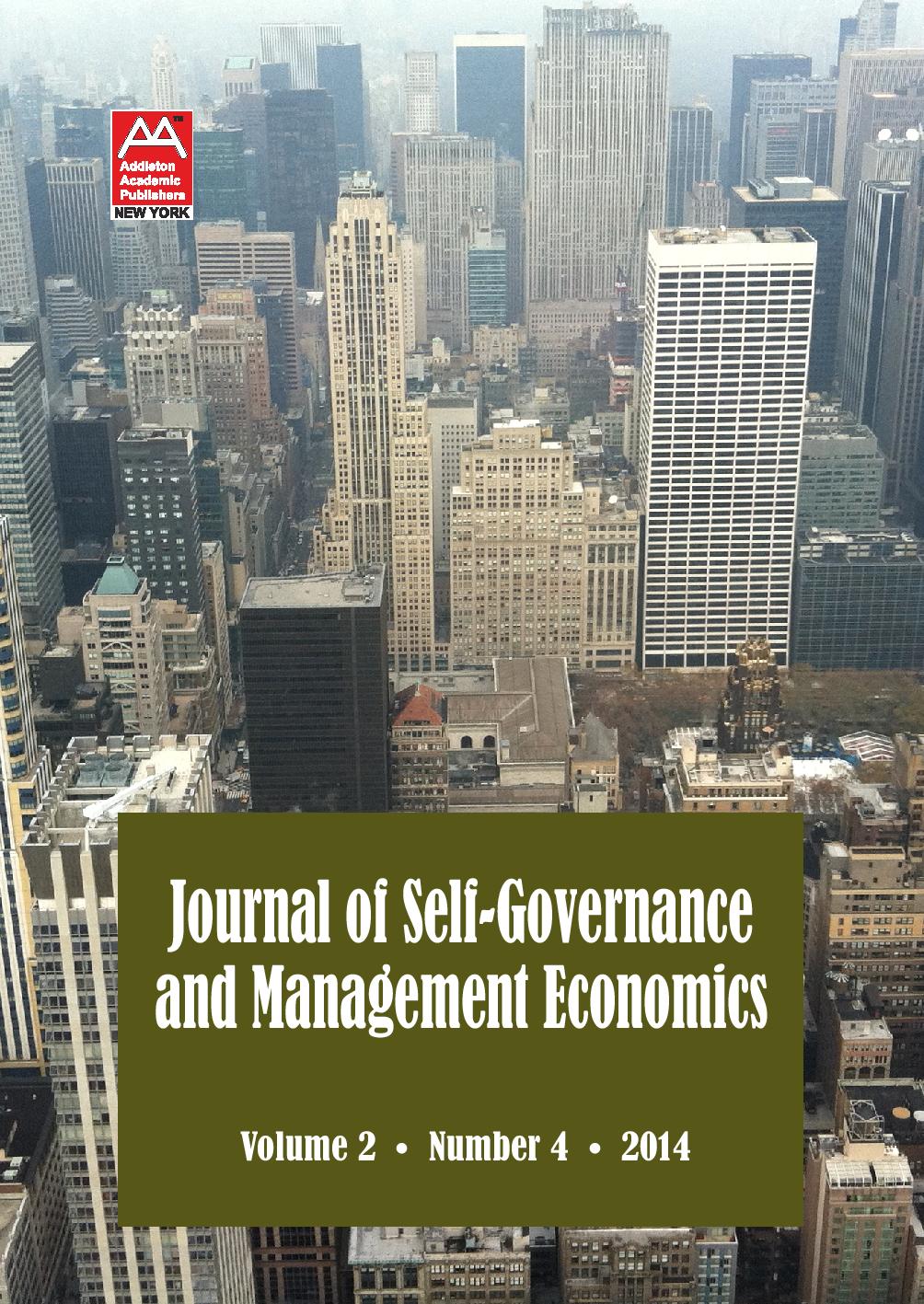A CRITICAL EVALUATION OF THE POLICY OPTIONS TOWARDS THE UNDECLARED ECONOMY
A CRITICAL EVALUATION OF THE POLICY OPTIONS TOWARDS THE UNDECLARED ECONOMY
Author(s): Colin C. WilliamsSubject(s): Supranational / Global Economy
Published by: Addleton Academic Publishers
Keywords: informal sector; underground economy; self-governance; public policy; institutional theory; wicked problems
Summary/Abstract: To evaluate critically the policy options available for tackling the undeclared economy, this paper commences by evaluating the implications of four hypothetical policy choices, namely doing nothing, de-regulating the declared economy, eradicating the undeclared economy, or moving undeclared work into the declared economy. Finding that a combination of all these is required, a typology of policy measures for tackling the declared economy is then outlined. Drawing inspiration from the literature on eliciting behavior change in organizations, this identifies that the shift from direct controls (deterrents and incentives) to indirect controls (which engender a commitment to individual self-governance) can be scaled up to the societal-level to elicit behavior change in relation to undeclared work. To shift towards the pursuit of individual self-governance as a means of achieving collective self-governance, a multi-pronged approach is called for which seeks to change both the codified laws and regulations of formal institutions and the norms, values and beliefs that constitute the informal institutions of a society in order to create symmetry between them. The paper concludes by discussing the various ways of combining and sequencing direct and indirect controls in a manner that foregrounds the centrality of individual self-governance to the achievement of collective self-governance.
Journal: Journal of Self-Governance and Management Economics
- Issue Year: 2/2014
- Issue No: 4
- Page Range: 7-52
- Page Count: 46
- Language: English
- Content File-PDF

